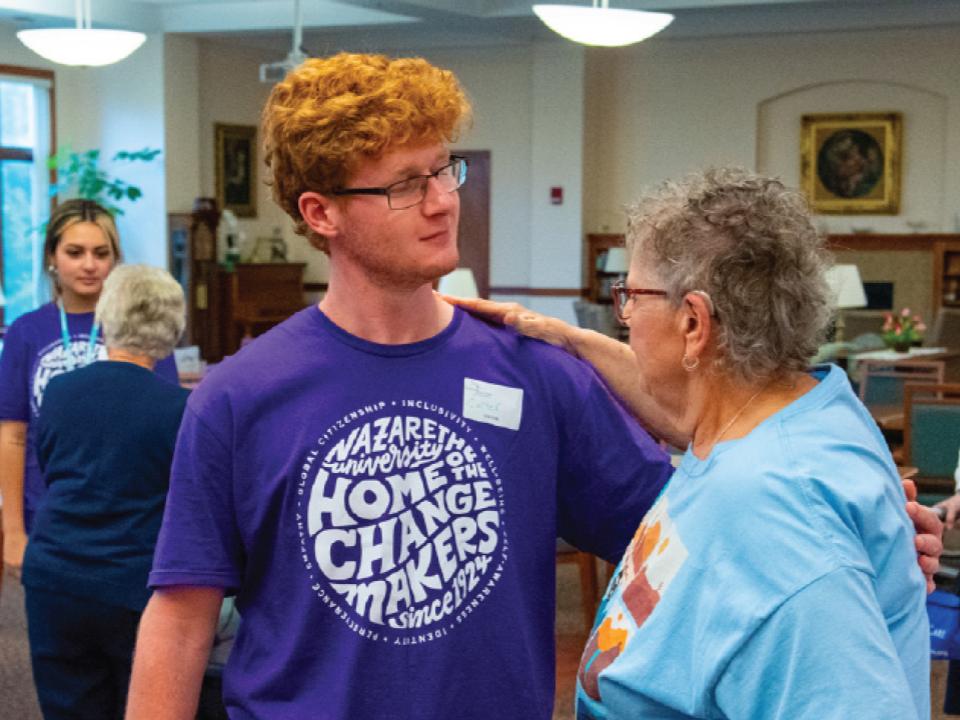SEE-ing the Path Forward Operationalizing Experiential Education for Institutional Success
Main Article Content
Abstract
As institutions increasingly prioritize experiential learning (EL) as a cornerstone of student success, practitioners face challenges in designing, implementing, and sustaining EL programs that meet diverse institutional needs. This article explores strategies for operationalizing EL through insights from four distinct campuses, spanning small private colleges to large public universities. Drawing from qualitative case studies, we highlight the shared challenges of starting and scaling EL initiatives, such as integrating diverse stakeholders, centralizing resources, and fostering buy-in across campus constituencies. Key themes include the evolution of EL offices, from initial hurdles—such as defining programmatic scope and building institutional relationships—to sustaining development through innovative funding models, technology integration, and robust tracking systems. We provide practical recommendations for addressing these challenges while maintaining a student-centered approach. By sharing lessons learned, we offer a roadmap for higher education leaders to build inclusive, sustainable, and impactful EL programs that align with their unique institutional contexts.
Article Details

This work is licensed under a Creative Commons Attribution 4.0 International License.

